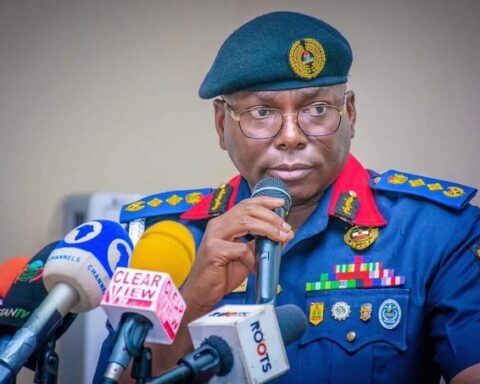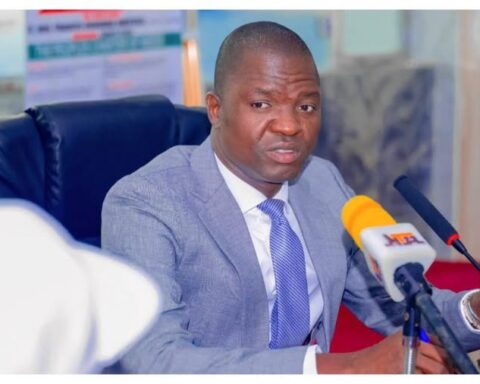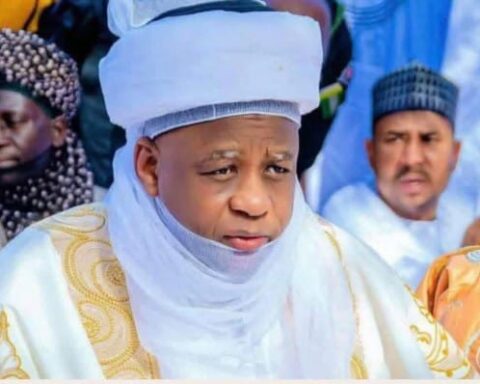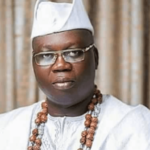Ọhanaeze Ndigbo has strongly condemned the provision in the National Council for Traditional Rulers of Nigeria (Establishment) Bill, 2024 that proposes making the Ooni of Ife and Sultan of Sokoto permanent co-chairmen of the proposed council.
The apex Igbo socio-cultural body views the clause as constitutionally and culturally exclusionary, arguing that it institutionalizes only two monarchs from Yoruba and Fulani heritage—thereby sidelining other major ethnic and traditional institutions across the country.
Plurality of Nigeria’s ethnic landscape: Elevating only two monarchs fails to recognize the diversity of Nigeria’s traditional systems—such as the Obi of Onitsha (Igbo), Shehu of Borno (Kanuri), and other ancient monarchies. Such selective elevation is seen as both historically inaccurate and politically biased.
Mischaracterizing leadership roles: The Sultan of Sokoto holds a primarily religious role (Sarkin Musulmi) with influence over Muslim affairs—not a secular traditional rulership across ethnic lines. Similarly, while the Ooni is a highly respected monarch, positioning him as national co-chair undermines inclusive representation.
Risk of ethnic marginalization: By centering only Yoruba and Fulani figures, the bill is accused of institutionalizing ethnic favoritism—thus threatening national cohesion and cultural dignity of other groups.
Other groups, including the Middle Belt Forum, have echoed these concerns—rejecting the appointment of the Sultan as permanent co-chair on grounds that the Sokoto Sultanate is historically junior to Middle Belt institutions and not representative of broader secular tradition.
Various Hausa-speaking stakeholders have also decried the bill, calling it ethnically skewed and historically unfounded.
Ọhanaeze Ndigbo has unequivocally condemned the clause that seeks to elevate the Ooni of Ife and Sultan of Sokoto to permanent co-chair positions, labeling it exclusive, historically inaccurate, and contrary to the principle of federal character in Nigeria’s diverse polity. The organization sees the proposal as giving unfair preference to two ethnic groups at the expense of others, undermining national unity and equitable representation.



























